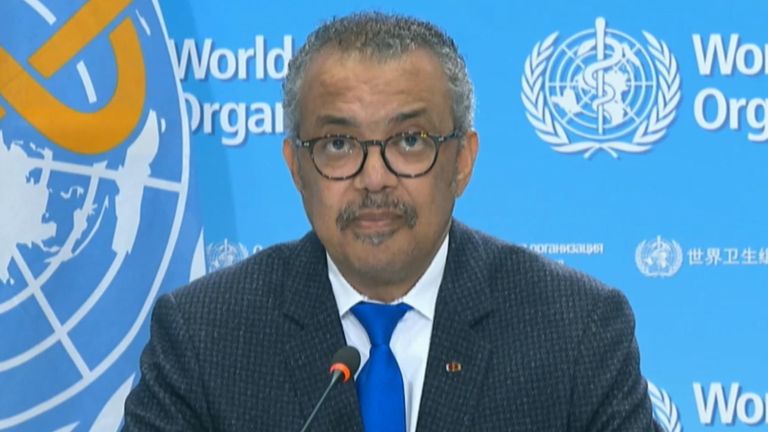After six years of closed-door negotiations, the World Health Assembly (WHA) has approved the first-ever formal process for investigating allegations of misconduct against the Director-General of the World Health Organization (WHO) — a major governance milestone in line with UN-wide reforms initiated in 2019.
Under the new rules, a preliminary review must be initiated by WHO’s Office of Internal Oversight Services (IOS) — an entity structurally linked to the Director-General.
Only if IOS deems the allegation worthy of further review can it be passed to an external investigative entity (EIE) for potential action. Critics argue this presents a clear conflict of interest, as internal oversight remains the gatekeeper.
Even if the process advances, oversight remains largely internal. The Independent Expert Oversight Advisory Committee (IEOAC) — whose secretariat includes senior WHO officials appointed by the Director-General — oversees the selection of the external investigators. Moreover, the WHO Secretariat retains the power to make the final call if multiple investigative entities are considered “equally suitable.”
The process also allows the Executive Board (EB) — composed of member states — to halt any full investigation, even if external investigators and the IEOAC recommend it. This provision, a key compromise, was fiercely defended by some member states as a necessary check on procedural overreach.
While some countries expressed concern about the process’s potential politicization and internal bias, others welcomed it as a step toward accountability. Norway, speaking for Nordic nations, called the move “a defining moment for WHO and its member states.”
The European Union, joined by nine other European countries and Brazil, emphasized the importance of independent oversight. Japan, though broadly supportive, urged continued refinement of the process to protect neutrality and prevent politicization.


